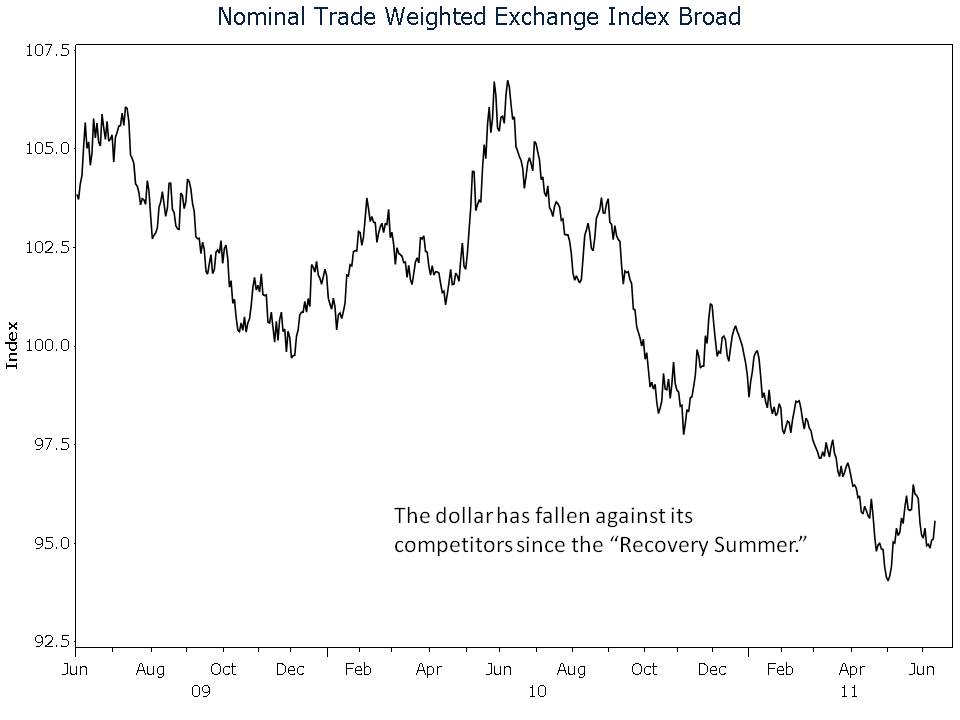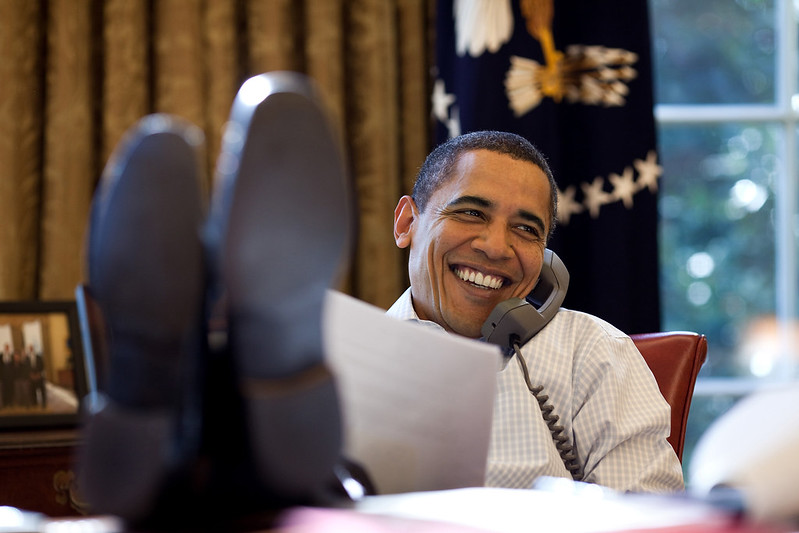A think tank that recently ranked states in order of personal and economic freedom named New Hampshire the freest state in America. The least free are New York (50), New Jersey (49), California (48), Hawaii (47), Massachusetts (46), and Rhode Island (45). Rounding out New England are Connecticut (38), Maine (33), and Vermont (30), which means that the whole region is less free than the majority of states.
The think tank I’m referring to is one of the most respected in Washington—the Mercatus Center at George Mason University, founded and funded by the Koch Family Foundation and chaired by Charles Koch. Mr. Koch is also the chairman and CEO of Koch Industries, Inc., the second-largest privately held company in North America, with nearly 30,000 employees. Koch has developed a market-based management (MBM) philosophy that brings the power of the market into his business. Politically speaking, he’s the anti–George Soros.
Ironically, Rob Stein, founder of the progressive Democracy Alliance, of which George Soros is a contributor, describes the Mercatus Center as ground zero for deregulation policy in Washington. Fourteen of the 23 regulations that George W. Bush put on his hit list were first suggested by the Mercatus Center and The Wall Street Journal says it’s “the most important think tank you’ve never heard of.”
Notice how New Hampshire ranks not only number one in New England, but number one in the country. In addition to having no state income taxes, it is on the verge of being the 23rd state to pass right-to-work legislation, making it literally the Hong Kong of the region. Wisconsin (25) became freer this week with a divided Supreme Court, voting 4–3 to clear the way for governor Scott Walker’s collective-bargaining law to take effect.
The No-Jobs Council
httpv://www.youtube.com/watch?v=sVonk_OqEUU On Tuesday, President Obama attended the “Council on Jobs and Competitiveness” and joked that “Shovel-ready was not as shovel-ready as we expected.” Laughing with the president was GE CEO Jeffrey Immelt, who, as a well-connected member of the elite political class, seemed more than comfortable on stage with the president. Mr. Immelt and American Express CEO Kenneth Chenault penned an op-ed in Monday’s Wall Street Journal leading up to the event: “How We’re Meeting the Job Creation Challenge.” They, along with 24 other business leaders, have been tasked by the president to develop ideas that will accelerate job growth and improve America’s competitiveness.
Not only has shovel-ready not been as shovel-ready as expected, but we’re left with the two pillars of Barack Obama’s presidency that decelerate job growth and worsen America’s competitiveness. The Health and Human Services Department has already granted at least 1,300 temporary Obamacare waivers, and Dodd-Frank financial reform does nothing about the tight relationship between too-big-to-fail banks and Washington.
Among Immelt and Chenault’s recommendations: streamline permitting, boost tourism, increase small business loans, get construction workers back to work, and train workers for today’s open jobs. First off, removing Obamacare and Dodd Frank would streamline permitting. And no one has done a better job of making tourism in the United States attractive than Federal Reserve chairman Ben Bernanke and Treasury secretary Timothy Geithner. The two have debased the dollar against nearly every currency, making trips to the U.S. more affordable for foreigners (see chart below). Regarding small business lending, with interest rates so low, can you blame banks for not wanting to lend? And the suggested construction jobs would make commercial buildings more energy efficient, which plays well into GE’s business.
Government-based solutions that start with a “Council on Jobs and Competitiveness” are not the answer. On Tuesday, it was reported that 28 months after Obama’s signature economic “shovel-ready” stimulus plan and a year after “Recovery Summer,” 1.9 million fewer people are working. But don’t feel bad for Mr. Immelt and Mr. Chenault. They respectively made $9.62 million and $17.44 million last year and $53.82 million and $95.19 million over the last five years, and hold $43.5 million and $101 million in company stock.
Felons Get Out and Vote
President Obama has a disapproval rating of 59% when it comes to the economy. He won in 2008 with 47% of the country voting against him. There’s no reason to believe that number has improved, given the loss of jobs and the fact that President Obama was elected in the first place thanks to the perfect storm of a polarizing George W. Bush and an asleep-at-the-helm John McCain. So the 2012 race will likely be close, making every vote count, including those from prisoners.
If you can believe it, two states allow prisoners to vote. Felons in 12 states, mostly in the South, can permanently lose their ability to vote. Here’s how the least-free states I mentioned earlier treat felony voters.
New York (50): Vote upon completion of parole
New Jersey (49): Vote upon completion of all supervised release
California (48): Vote upon completion of parole
Hawaii (47): Vote upon release from prison
Massachusetts (46): Vote upon release from prison
Rhode Island (45): Vote upon release from prison
As a region, New England has the two states that allow prisoners to vote, Maine and Vermont. Massachusetts, Rhode Island, and New Hampshire allow felons to vote upon release from prison, and Connecticut upon completion of parole. How’s this slogan for New England: “Felons, Get Out (or Not) and Vote!”
Frances Fox Piven: Mobilizing the Jobless
In the May 1966 issue of The Nation, Frances Fox Piven and Richard Cloward published an article titled “The Weight of the Poor: A Strategy to End Poverty,” creating what is now known as the “Cloward-Piven Strategy.” This strategy would collapse the system from an overload of enrollees in social welfare. Piven led the Federal Motor Voter crusade to increase voter registration by linking the Department of Motor vehicles and the use of social services with voter registration. Both Cloward and Piven happened to attend the White House ceremony when President Clinton signed the “Motor Voter Bill.”
The December 2010 issue of The Nation printed another article by Piven, “Mobilizing the Jobless,” in which she notes that prisoners in seven different facilities in the Georgia state penitentiary system coordinated staged protests using cell phones they purchased from guards. Piven wants the jobless to rise up; she says that “An effective movement of the unemployed will have to look something like the strikes and riots that have spread across Greece in response to the austerity measures forced on the Greek government…”





